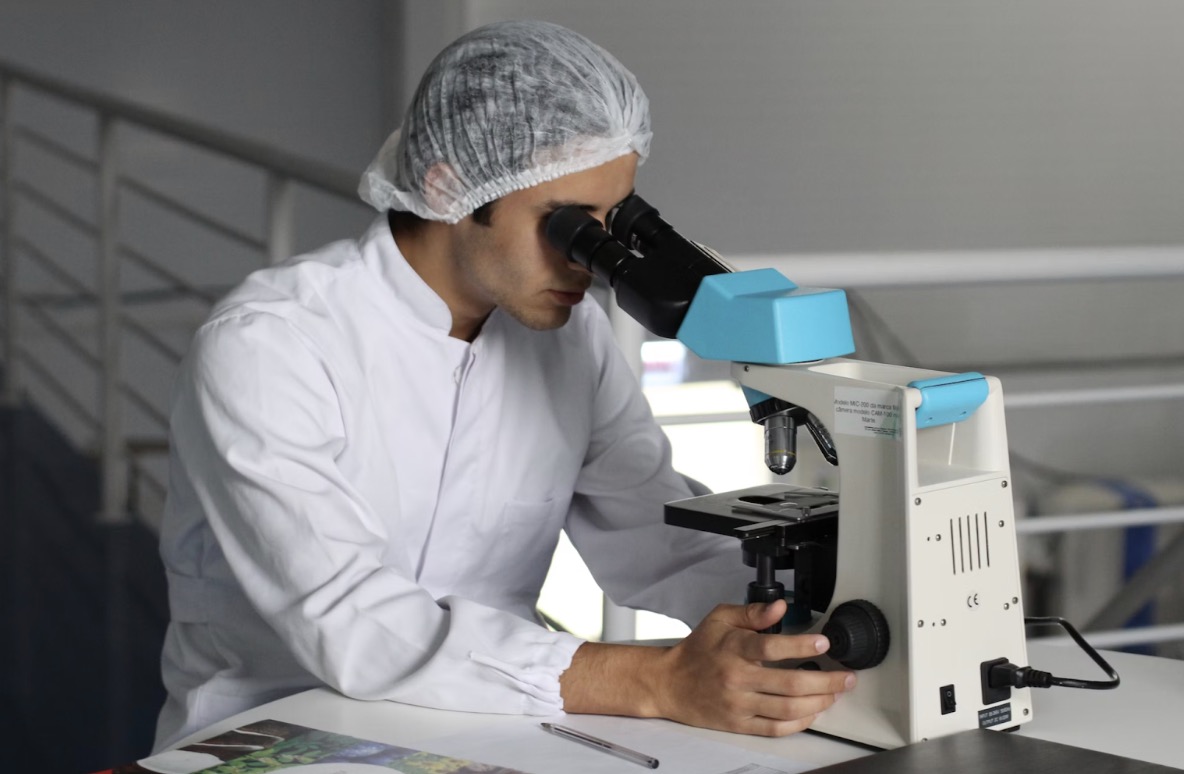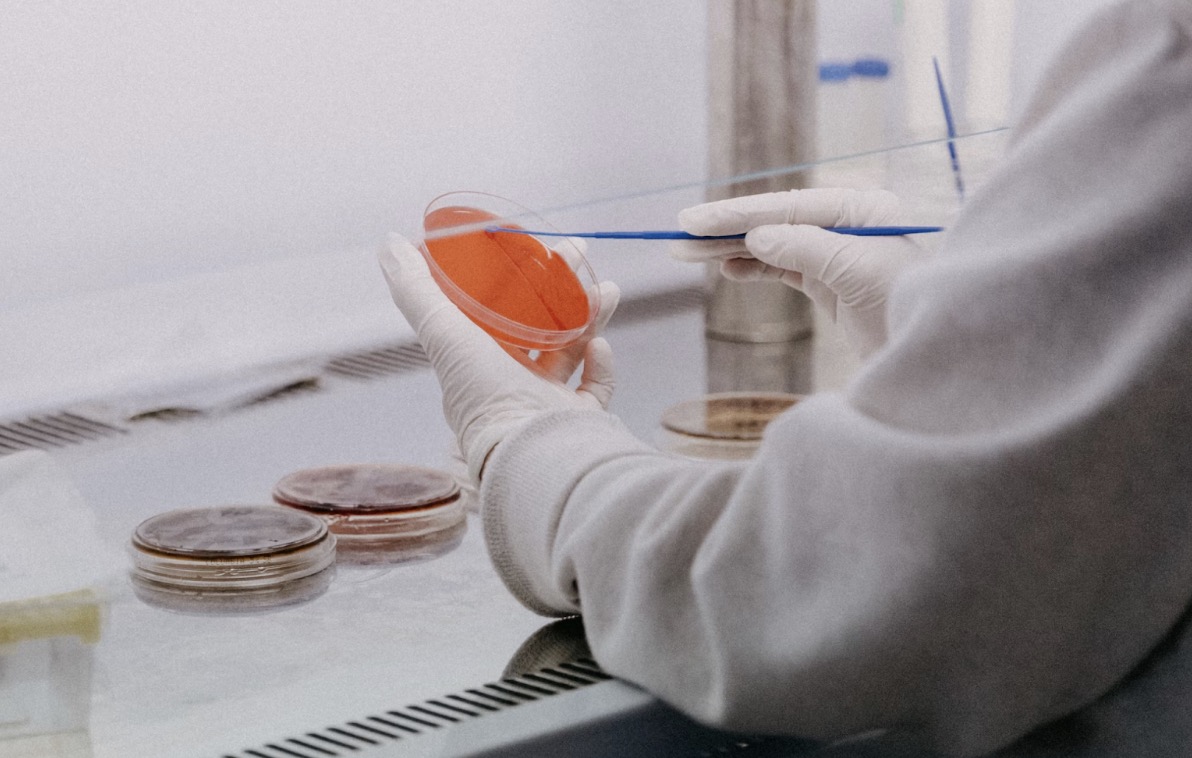A science laboratory, often perceived as a world filled with microscopes, test tubes, and chemicals, is in fact a universe of discovery and innovation waiting to be unraveled. Here, theories come to life, abstract concepts gain substance and scientific curiosities are indulged, making science palpable and fascinating. Providing hands-on learning experiences, a science lab sparks creativity, fuels inquisitiveness, and fosters a deep-rooted understanding of scientific principles, transforming abstract lessons into tangible knowledge. It is a place where students can explore, experiment, and discover, cultivating their natural curiosity and developing critical thinking skills. So, if you are ready to embark on an adventure of scientific exploration, let’s dive into the wonders of a science lab!
Reader's Roadmap
The Importance of Hands-On Learning in Science
Hands-on learning is gaining more and more recognition as an effective teaching method. It goes beyond traditional methods such as lectures and textbooks, providing students with a tangible and interactive way of learning. In the science lab, students get to see and experience science in action, making it more engaging and memorable.
Through hands-on activities, students are encouraged to think critically and creatively, ask questions, and make connections between theory and practice. This allows them to develop a deeper understanding of scientific concepts rather than just memorizing facts. It also helps foster a sense of curiosity and experimentation, which are essential qualities for any scientist.
Moreover, hands-on learning in a science lab allows students to make mistakes and learn from them. As they conduct experiments and analyze results, they learn to troubleshoot issues and come up with solutions on their own. This not only builds their problem-solving skills but also promotes independence and self-confidence.
The Role of Technology in Modern Laboratories
In the digital age, technology has permeated every aspect of our lives, including education and scientific research. In a modern science laboratory, technology plays an integral role in enhancing both teaching and learning experiences. Advanced scientific instruments and software enable precise measurements and data analysis, facilitating more accurate and sophisticated experiments. Digital simulations and virtual labs provide safe environments for students to delve into intricate scientific concepts and procedures.
Furthermore, technology fosters worldwide scientific collaboration by enabling the exchange of research findings and innovative methodologies. From state-of-the-art microscopes to extensive online databases, technology is revolutionizing the scientific realm, enhancing our exploration, learning, and innovation processes.
Science Lab Equipment and Safety Measures

Every science lab is equipped with a wide range of tools, instruments, and materials necessary for experiments. Beakers, test tubes, Bunsen burners, and microscopes are just some of the most commonly used equipment in a science laboratory. It is important to use these items correctly and responsibly to ensure safety in the lab. Namely, the professionals from Pasco suggest that the right science lab equipment can make a difference in science education. Additionally, wearing appropriate personal protective equipment (PPE) such as lab coats, goggles, and gloves is crucial to prevent any accidents or injuries.
Furthermore, it is essential to follow safety protocols and regulations when conducting experiments in the science lab. This includes proper handling of chemicals, disposal of hazardous waste, and emergency procedures. Safety measures are put in place to protect both students and the environment, ensuring a safe and conducive learning environment for all.
Cultivating Scientific Mindsets through Lab Experiences
Science labs offer a unique environment where students can immerse themselves in the application of scientific concepts. This exposure not only solidifies their understanding of these concepts but also encourages the cultivation of a scientific mindset. Students learn to adopt an objective view, questioning assumptions and critically assessing observations. They develop the ability to form hypotheses and design experiments to test these hypotheses, gathering and evaluating data to draw conclusions. The process of questioning, testing, analyzing, and concluding constitutes the fundamental framework of the scientific process.
Laboratory experiences, in essence, not only impart knowledge about specific scientific subjects but also cultivate students’ ability to think and work like scientists, thereby promoting scientific literacy and nurturing the innovators of tomorrow.
The Role of Science Labs in Career Readiness
Science labs play a pivotal role in preparing students for future careers, particularly those in STEM (Science, Technology, Engineering, and Mathematics) fields. By engaging students in practical experiments and hands-on learning, labs offer a glimpse into what many professional science careers entail. They familiarize students with various scientific instruments, methodologies, and protocols used in real-world contexts, enhancing their technical skills and scientific competencies. Additionally, labs instill transferable skills such as critical thinking, problem-solving, teamwork, and communication, which are highly sought after in the job market.
In essence, science labs, with their rigorous and application-based learning experiences, not only promote scientific literacy but also prepare students for various career paths, equipping them with the skillset and mindset to thrive in a rapidly evolving, technology-driven society.
Acience labs are arenas of discovery, fostering an environment where theoretical knowledge meets practical application. They facilitate hands-on learning, enhancing understanding and retention of scientific concepts, while also nurturing critical thinking, creativity, and problem-solving skills. Technology’s role in modern labs is significant, streamlining experiments and promoting global collaboration. The importance of proper lab equipment and stringent safety measures cannot be overstated in ensuring a safe and effective learning environment.
It is within these lab walls that students cultivate a scientific mindset and become familiar with real-world professional scenarios, preparing them for future career paths. Hence, science labs are far more than just rooms filled with beakers and microscopes; they are catalysts of curiosity, innovation, and career readiness, shaping the scientists and innovators of tomorrow.







Leave a Reply
View Comments